REVEALED! The top 20 dirtiest NBA players of all time
NBA
Curling is a sport played on ice, where teams take turns sliding stones made of granite towards a target known as a House. It was invented in Scotland in the 16th century, where it was played on ponds and lochs. The sport's unorthodox nature might often cause its rules to get lost in translation for new fans. Read on to find out what are the rules of curling and how to understand it as a sport.
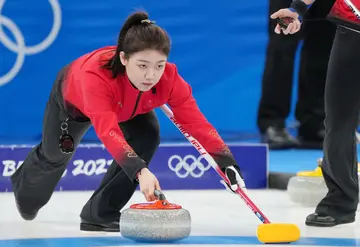
Curling is one of the oldest sports and has gained popularity worldwide. While it might not be the most popular sport, it has gained recognition in major tournaments, including the Olympic and Paralympic winter sport, with medal disciplines for Women's, Men's, Mixed Doubles and mixed Wheelchair teams. With that said, here are the major rules of curling.
The sport is not one of the most popular, but its rules make it simple and easier to embrace. With a bit of effort and research, the sport is more exhilarating as it attracts millions of fans worldwide. Some of the basic rules of the game are highlighted below.
REVEALED! The top 20 dirtiest NBA players of all time
NBA
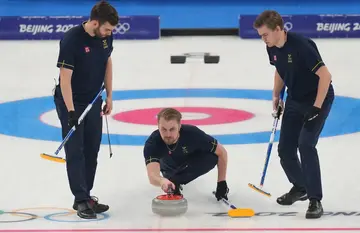
Curling is played on a flat, smooth surface of ice measuring 45-46m long and 4.4-5m wide, with two teams having four players each. Eight granite stones, also called rocks weighing between 17 to 20 kgs, with a maximum circumference of three feet (36 inches) wide and a minimum height of 4.5 inches tall, are used.
A circular target is made up of a blue outer circle with a 12ft diameter known as the 'House'. Inside the House is a ring, four rings which help define which curling stones are closest to the centre, commonly known as the Button. Other additional pieces of equipment include brooms, footwear and optional stabilisers, which are subject to review by organisers if required.
As it is for batting orders in baseball or softball, there is a certain order in which curling throws are made within each team. The order follows: The lead, second, vice, then skip. The hardness of the throw increases from the lead to the skip, respectively, as by the time it is the skip's turn to attempt, there are already several stones on the ice.
How long is a basketball match? Duration, match facts, and all the details
NBA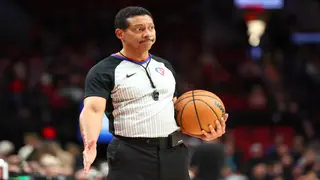
However, in mixed doubles, there are two players, but only five stones are thrown. One player throws the first and last stones while the other throws the second, third and fourth stones.
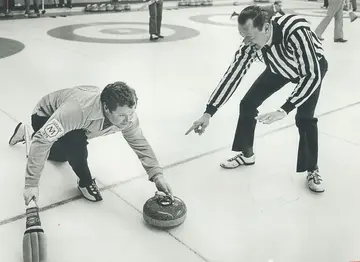
There are two hog lines in front of each House for the teams. One indicates when the rock must have left the thrower's hand. If the player releases the stone too late, it must be eliminated before reaching the House and other placed stones. The other hog line plays a similar role as the tee line, indicating the 'Free Guard Zone'.
After a rock is thrown, a sweeper might accidentally hit it, or a hat might fall on it. This is what is called burning a stone. When this happens, the opposing team have three choices to choose from. They might either remove the stone from play, ignore the foul or rearrange the stones in the position they think they would have ended up if it had not been touched.
How long is a cricket match? Match duration, facts and all the details
Cricket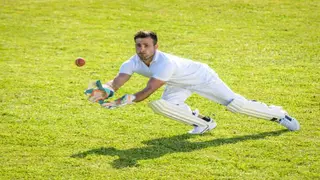
The Tee Line rule is a restriction given during sweeping on who and where to sweep. The Tee Line runs through the centre of the House and is parallel to the hog lines and back lines. The Tee Line rule states that only one player is allowed to sweep when the rock is past this line. This should be any one player from the delivering team but only the skip or vice-skip from the opposing team.
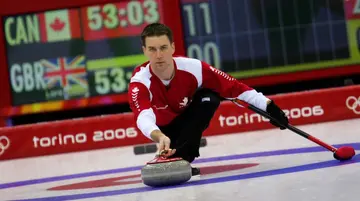
The Five Rock rule is also known as the Free Guard Zone rule. The Free Guard zone is the area between the hog line and the tee line, excluding the front half of the House. The rule dictates that stones in the Free Guard zone cannot be taken out of play until five rocks have been thrown on an end.
Curling aims to score points by throwing the stones as close as possible to the Button, which is the centre of the House. For every rock closer to the Button than the opposing team's closest stone awards a point. One or both teams can fail to score in a round, but both teams cannot.
Strangest sports: Top 10 weirdest sports in the world currently
Other Sports
Curling is a game that requires a lot of thinking and strategy, hence requires a lot of time to come up with an attacking formula. Because of this, games might take too long, which might be problematic for fans and curlers with multiple games to play. A regular game might take up to three hours. This includes a fixed thinking time of 38 minutes for traditional ten-end games and 30 minutes for eight-end games.
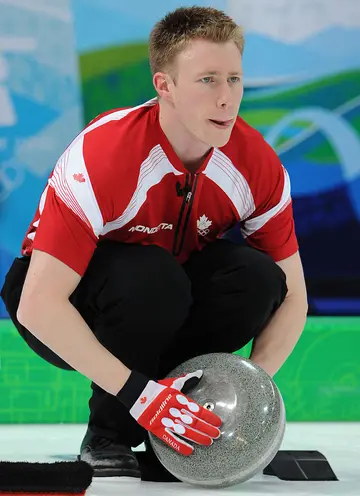
Unlike most games, curling allows players to concede a match whenever they are way down or know their competitors overmatch them. However, most competitions give a certain amount of rounds a team can play before forfeiting, forcing them to give their best efforts before giving up.
The game's primary objective is to get rocks as close to the target as possible. Points are only awarded for stones that touch the House, and the team with the most points after ten ends emerges victorious.
Who is the shortest person to ever dunk in the NBA? List of shortest players to ever dunk in the NBA
NBA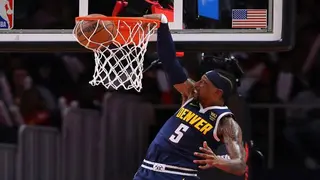
Mixed doubles is similar to regular curling, only with a slight difference. Here, only two players are on each team (a man and a woman) rather than four. Also, there are only five stones at each end, with eight ends per game, making it shorter than the regular game.
Scoring occurs when a team's rock is closest to the House than the opponent's rock. This goes on after every round of earning a point to the eighth round. The team with the most points are the winner.
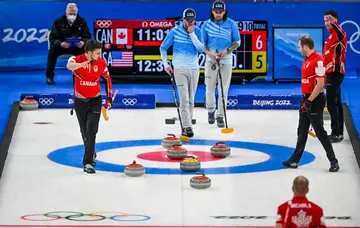
A hammer is earned by a team that does not score a point during an end. The team earns the hammer in the next round and throws the final stone, a significant advantage commonly known as the Last Stone Advantage (LSA). By this, they get an advantage to deliver the last rock of an end and can probably earn at least one point to win that end.
What is softball? Rules, history, and facts of the sport
Other Sports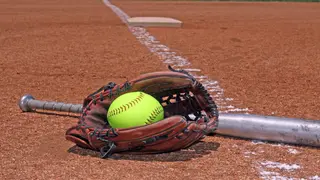
A draw is a shot designed to move directly without touching other rocks to the target. They are unlike Takeouts, designed to remove other rocks from the field of play.
A certified Olympic rock costs over $600. Summing up the full set of 16 stones, they add up to over $9,600. They are made of dense, polished granite from Ailsa Craig, Scotland. The rare material and restrictions permitted by the World Curling Federation and the Olympic Committee make them that expensive.
Curling was invented in the 16th century and is one of the oldest team sports worldwide. It was first played in the Olympics in 1998 in Nagano, Japan, after being a demonstration sport at three subsequent Olympic Winter Games.

After reading carefully, one will get the answer to their question, what are the rules of curling? Highlighted above will explain how the game came into existence and how it is played. As it gets popularity over time, it will soon be one of the most-watched games worldwide.
How to play badminton: Rules, positions, equipment used
Other Sports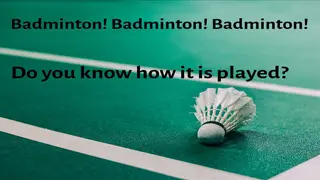
Sports Brief recently published an article on the 2023 Handball World Championship. The guide highlighted above gives a detailed description of the amazing competition held in Poland in January 2023. With amazing teams, honourable players and thrilled fans here is all you have to know about the one-of-a-kind tournament. Read more here.